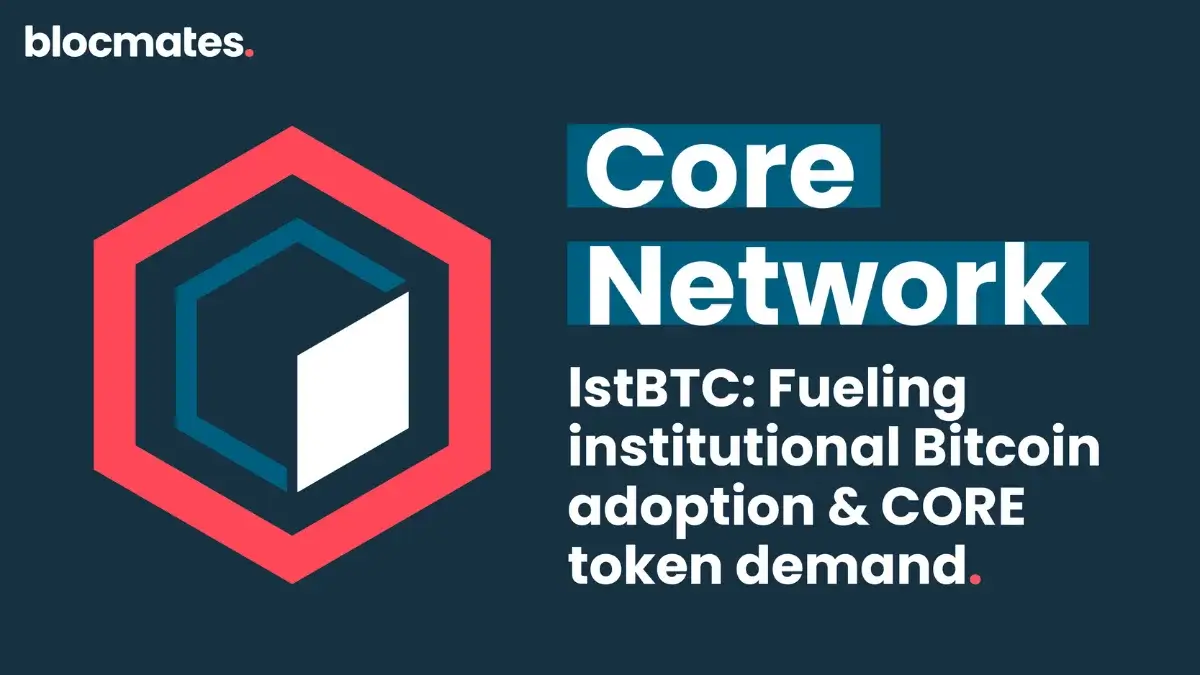Japanese investment firm Metaplanet is going all in on Bitcoin, again. The company just rolled out a massive $5.4 billion equity raise plan to supercharge its BTC accumulation strategy.
If this sounds familiar, it’s because the firm’s been on a steady crypto-buying spree since pivoting into a Bitcoin treasury model earlier this year. And now, they’re scaling that up significantly.
From “210 Million” to “555 Million” Plan
Metaplanet’s latest move involves issuing 555 million shares, roughly 92.4% of its total shares outstanding, via Japan’s version of an at-the-market equity facility, known as moving strike warrants.
The proceeds? They’ll be used to fund more BTC buys, with EVO FUND named as the allottee and Evolution Japan Securities arranging the sale. The firm says the goal is to raise funds gradually over the next two years to avoid disrupting markets.
CEO Simon Gerovich shared the announcement on X, branding it “Asia’s largest-ever equity raise to buy Bitcoin.” The company aims to boost its holdings to 30,000 BTC by the end of 2025, then 100,000 by 2026, and eventually 210,000 BTC—1% of Bitcoin’s entire supply—by the end of 2027.
This ambitious plan, dubbed the “555 Million Plan,” builds on their earlier “210 Million Plan” and includes a mix of instruments like convertible bonds, preferred shares, and traditional bonds.
Betting Big on Bitcoin as Capital Strategy
Metaplanet’s current BTC stash stands at 8,888 coins, worth around $920 million. These were acquired for $849 million, giving the firm a paper gain of about $71 million.
That puts them 7th globally among public companies by bitcoin holdings. The company also tracks something called “BTC Yield,” which measures BTC held versus fully diluted shares, so far in 2025, that’s up 225.4%.
In a statement, Metaplanet echoed the sentiment of MicroStrategy, stating Bitcoin-backed securities could act as a bridge between legacy finance and the emerging crypto economy.
The company also believes Bitcoin is quietly transforming the structure of global capital markets, one equity raise at a time.




















.webp)

.webp)
.webp)

%20(1).webp)



























































%202.webp)


.webp)

.webp)
.webp)
.webp)



.webp)












.webp)
.webp)

.webp)
.webp)
.webp)


.webp)
.webp)










.webp)


.webp)









.webp)







.webp)




.webp)


























.webp)







.webp)















.webp)

.webp)
.webp)

.webp)














.webp)

.webp)


.webp)








.webp)




